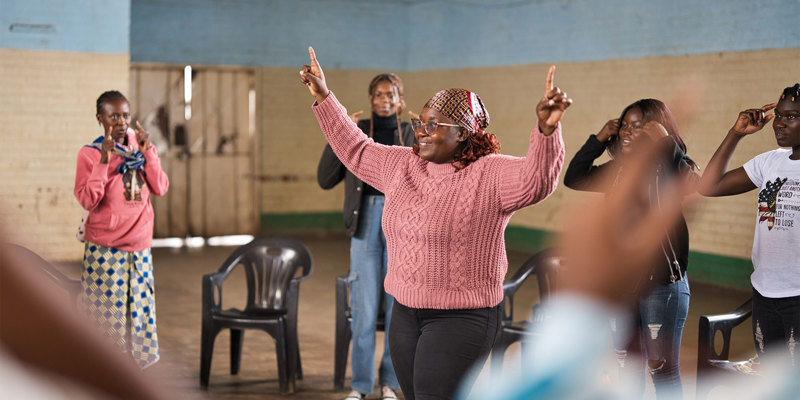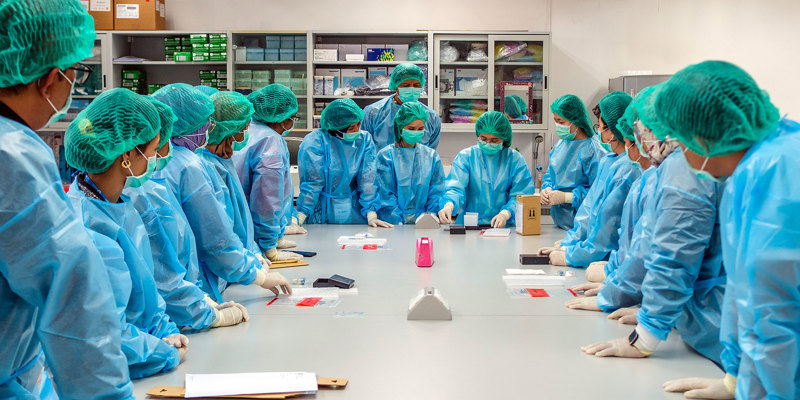France Pledges €1.08 billion to Global Fund
26 June 2016
PARIS - The Government of France announced today it will contribute €1.08 billion to the Global Fund to Fight AIDS, Tuberculosis and Malaria for the three-year period beginning in 2017, demonstrating strong leadership in global health.
France is the second leading donor to the Global Fund, and has consistently played a pioneering role in scientific research, promoting human rights and serving people affected by HIV. The new pledge, which represents a sustained commitment of France's previous support, represents a significant contribution to the Global Fund's three-year replenishment.
"This contribution demonstrates the strong commitment of France in the fight against pandemics and to strengthen health systems, especially in African countries," the announcement said.
France has contributed more than €3.8 billion to the Global Fund since it was established in 2002 to accelerate the end of the epidemics.
"France's leadership is indispensable, in many ways," said Mark Dybul, Executive Director of the Global Fund. "Thanks to France's contribution, the Global Fund is on the right track. Together, we can be the generation that ends AIDS, TB and malaria as epidemics. For good."
Dr. Dybul is attending Solidays, the annual music festival in support of the fight against HIV, to thank the activists, volunteers and supporters who continue to keep AIDS at the forefront of global health.
Every three years, the Global Fund works with donors like France to raise funds to continue the work to fight AIDS, TB and malaria, and to build resilient and sustainable systems for health. Prime Minister Justin Trudeau of Canada announced in May that Canada will host this year's Replenishment Conference in Montreal on 16 September 2016. The Global Fund partnership set a goal for raising US$13 billion to be invested during the three-year period that begins in 2017.
Based on partner estimates, a US$13 billion contribution would save up to 8 million lives through programs supported by the Global Fund, avert up to 300 million new infections across the three diseases and lead to broad economic gains of up to US$290 billion over the coming years and decades.







